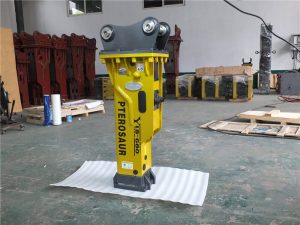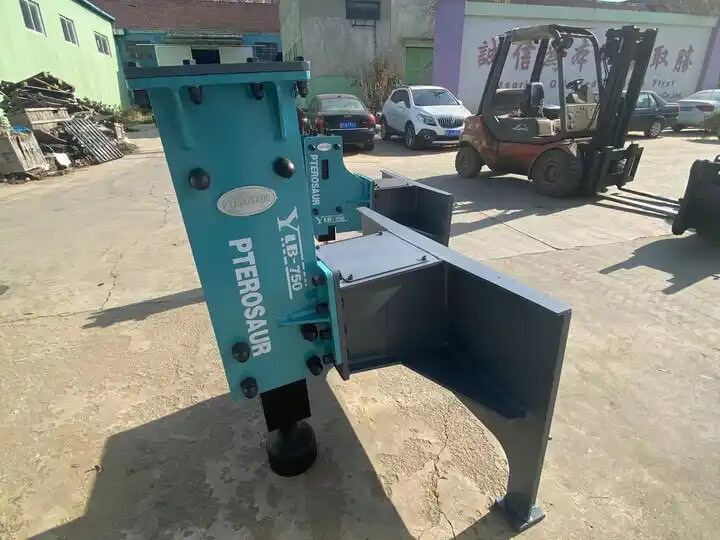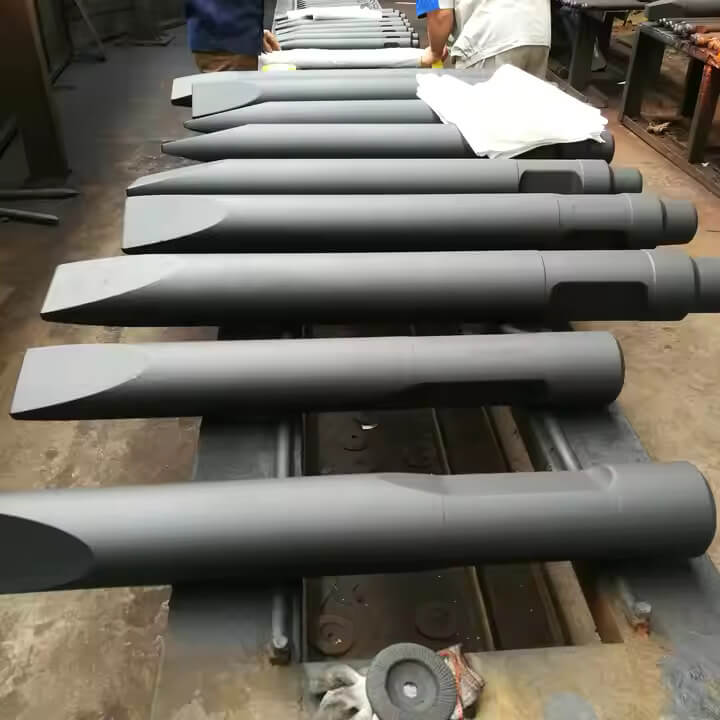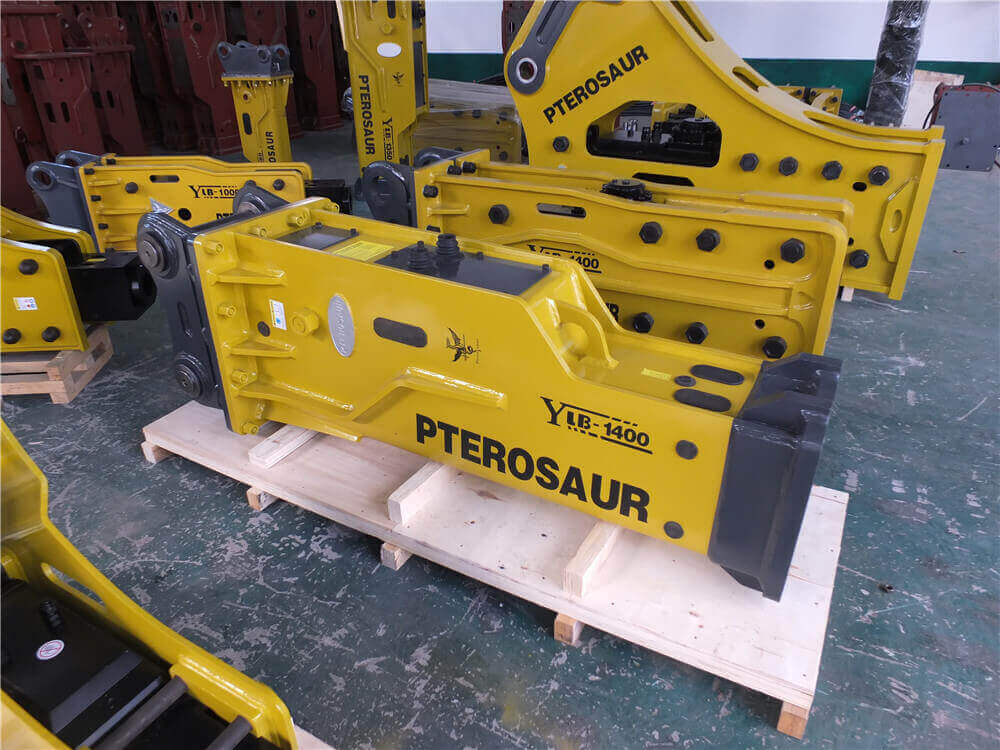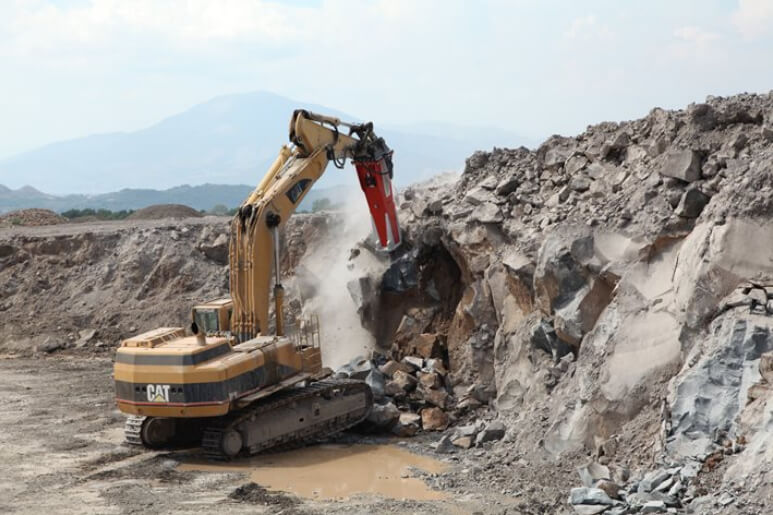Understanding Hydraulic Breakers: An Essential Tool in Construction
Hydraulic breakers, also known as percussion hammers, are powerful mechanical devices primarily used for demolishing hard materials such as concrete, asphalt, and stone. Their robust design and high-performance capabilities make them indispensable tools in road construction and various demolition projects. This article delves into what hydraulic breakers are, how they function, and their significance in the construction industry.
What is a Hydraulic Breaker?
A hydraulic breaker is essentially an attachment that is often mounted on excavators or backhoes. It operates using hydraulic pressure, which allows it to deliver high-impact force to break apart tough materials. The hydraulic breaker consists of several key components: the breaker unit, a casing that provides shock absorption, and a vibration damping system. These elements work together to ensure that the breaker efficiently delivers its power while minimizing wear and tear on the equipment and reducing environmental impact.
How Does a Hydraulic Breaker Work?
The operation of a hydraulic breaker is based on the principles of hydraulics. When activated, hydraulic fluid is pumped into the breaker unit, creating pressure that drives a piston to strike the material with immense force. This process is highly efficient, allowing for quick and effective demolition of hard surfaces. The impact force generated can range significantly, with hydraulic breakers available that deliver from 200 ft. lbs. to 1,600 ft. lbs. of force, making them suitable for various applications and environments.
Key Features and Advantages
-
Efficiency and Versatility: Hydraulic breakers are designed for efficiency, making them adaptable to different tasks. They can be used in portable and mobile crusher applications, which is particularly important in situations where transport weight and dimensions are a concern.
-
Durability: These tools are built to withstand harsh conditions and repetitive use. Their robust construction and advanced engineering ensure a long service life.
-
Environmental Considerations: Modern hydraulic breakers are designed to have a lower impact on the environment. Their vibration damping systems help reduce noise pollution and structural damage to nearby areas during operation.
The Role of Hydraulic Breakers in Construction
In construction, hydraulic breakers play a crucial role in various phases of projects. Their ability to break down large and hard materials quickly makes them ideal for site preparation, road construction, and demolition tasks. They enable contractors to complete projects faster and with greater precision compared to traditional methods.
Conclusion
Hydraulic breakers are a vital component of modern construction equipment. They combine power, efficiency, and versatility, making them essential for any demolition or construction project. Understanding how they work and their advantages can help professionals in the industry harness their full potential, ultimately leading to more successful project outcomes. Whether it’s for road construction or heavy demolition, hydraulic breakers are tools that continue to shape the landscape of construction work.

